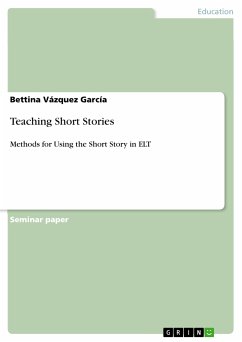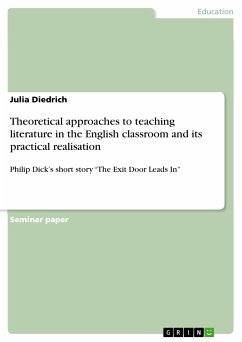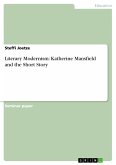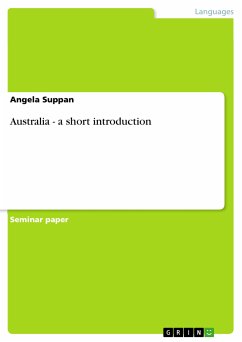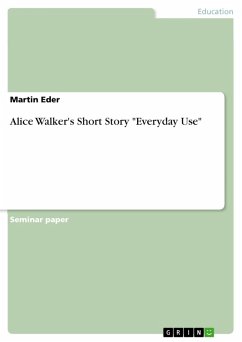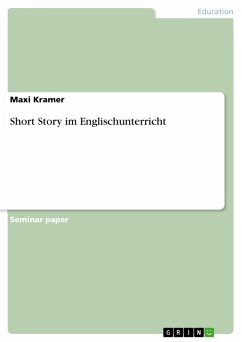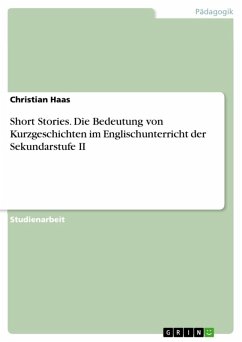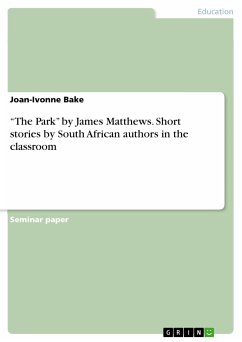Seminar paper from the year 2007 in the subject Didactics for the subject English - Pedagogy, Literature Studies, grade: 1,7, University of Münster (Englisches Seminar), language: English, abstract: The use of literature in the second language classroom can be legitimated in different ways. Todays methods of second language acquisition (SLA) put emphasis on working with literature which offers a great range of opportunities to familiarize a learner with a foreign language. However, it is not just the aspect of learning or acquiring a second language when dealing with literature. Furthermore, the work with literature includes social and cultural as well as empathetic aspects. Thus, dealing with literature, whatever genre of literature is touched, is highly manifold and undoubtedly of a high value. According to Wolfgang Gehring, the short story, besides the novel, is one of the genres which is used most frequently in school. The short story has many uses concerning the field of didactics: it can be used for introducing different topics and for accustoming the learner to different methods of interpretation. In addition, working with literary texts, especially with short stories, offers the possibility for the examination of several problems, e.g. problems of youths or the topic of life and death. In the framework of the term paper at hand, the focus lies on working with literary texts, namely teaching short stories as one component of the narrative genre besides the novel. For this purpose there will first be a short discussion about the significance of literary texts in language teaching according to Ansgar Nünning, who claims that literature forms an essential part when learning a foreign language (FL). In addition to that, the emphasis in the following chapters lies on working-techniques for dealing effectively with short stories in language teaching. For this purpose different methods for the work with short stories are presented and critically examined. The presented methods are divided into pre-, while-, and post-reading activities. However, in spite of the presentation and explanation of several strategies of teaching short stories one has to bare in mind that a universal formula of how to deal with literature does not exist. Eventually the teacher has to find the method which he favours and his pupils might favour as well and which he considers having the greatest learning effect.
Dieser Download kann aus rechtlichen Gründen nur mit Rechnungsadresse in A, B, BG, CY, CZ, D, DK, EW, E, FIN, F, GR, HR, H, IRL, I, LT, L, LR, M, NL, PL, P, R, S, SLO, SK ausgeliefert werden.

